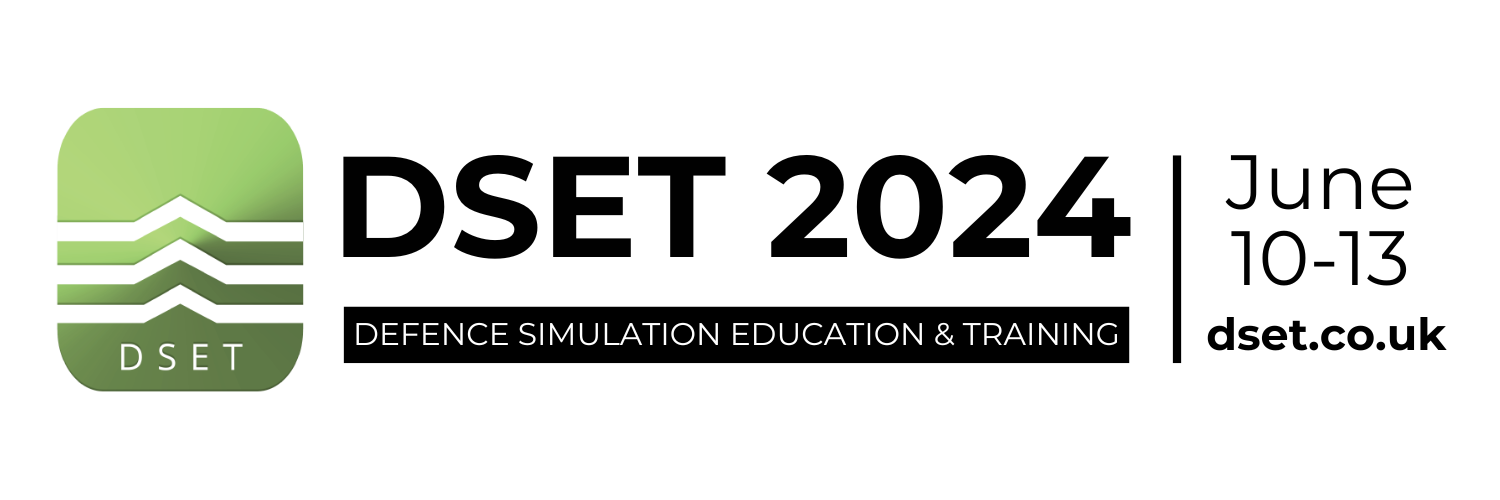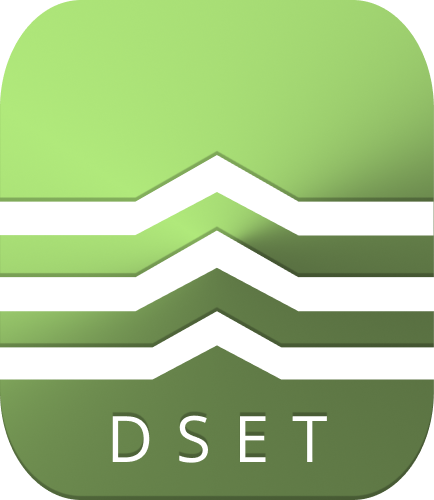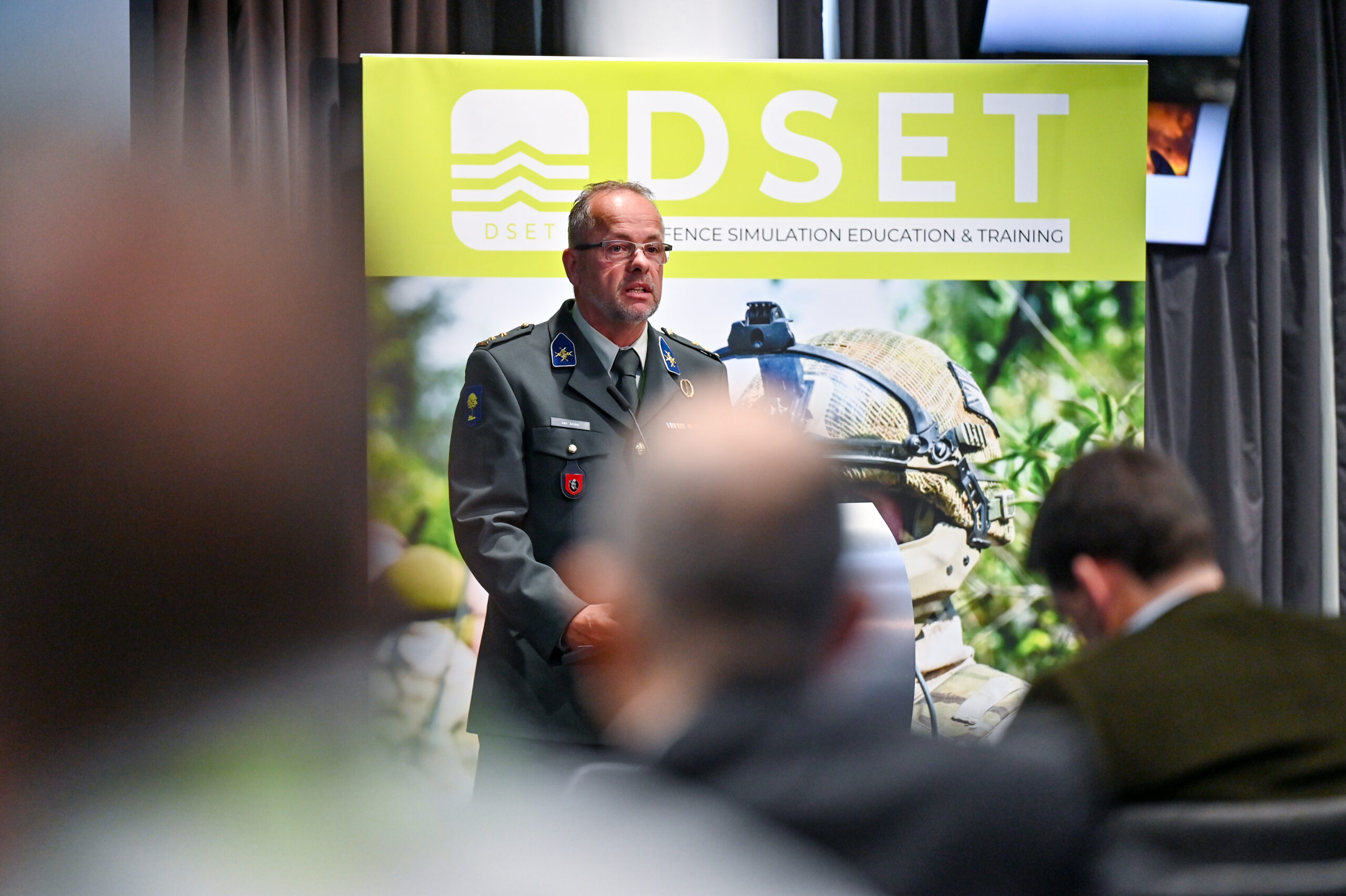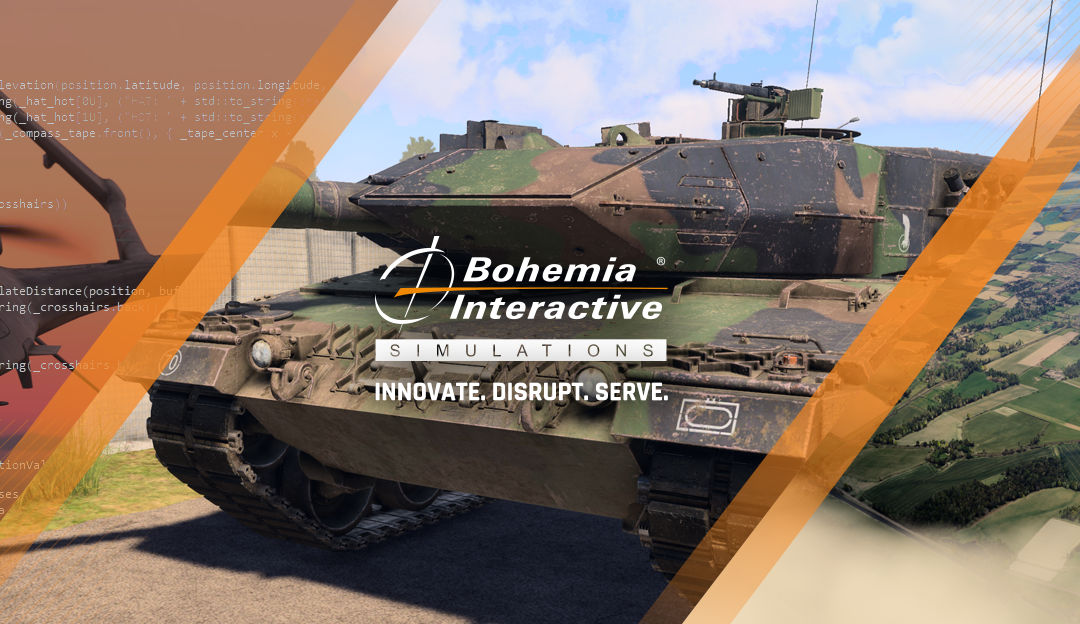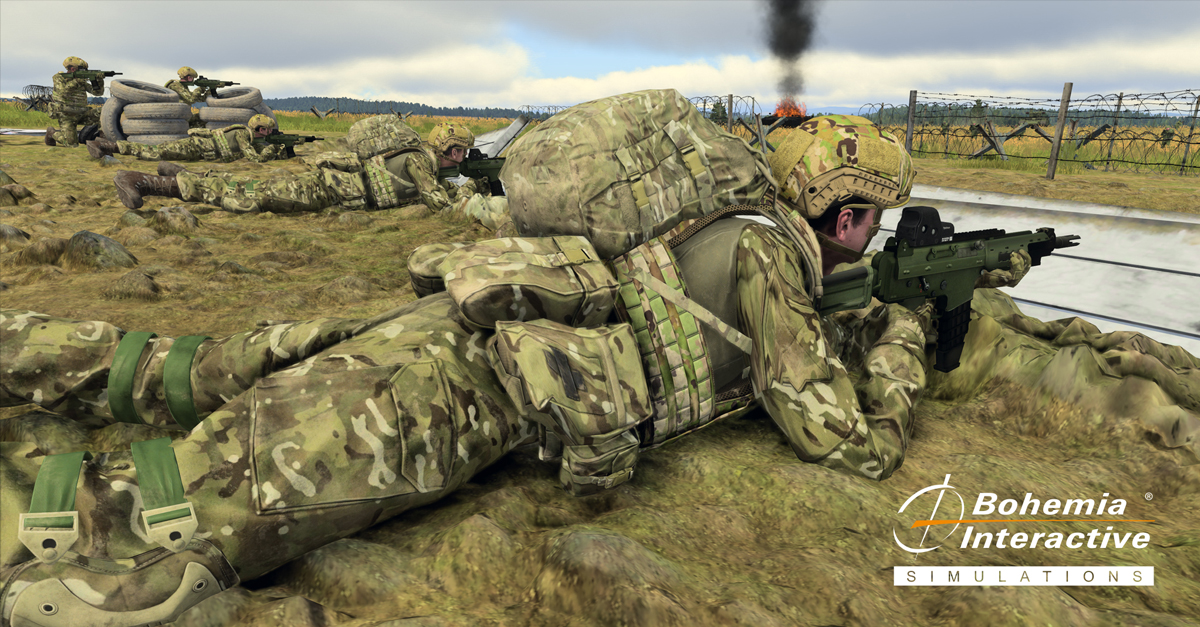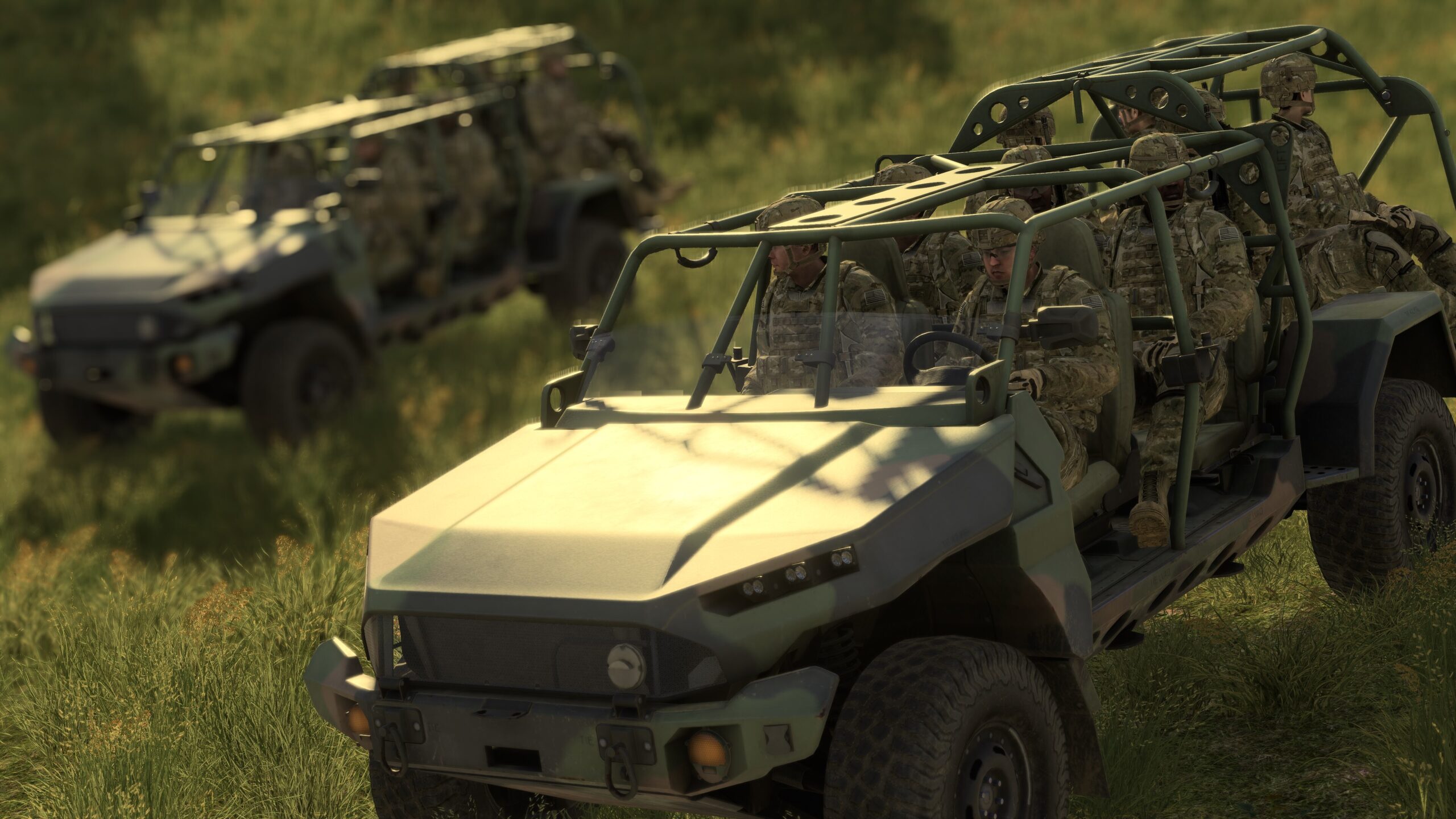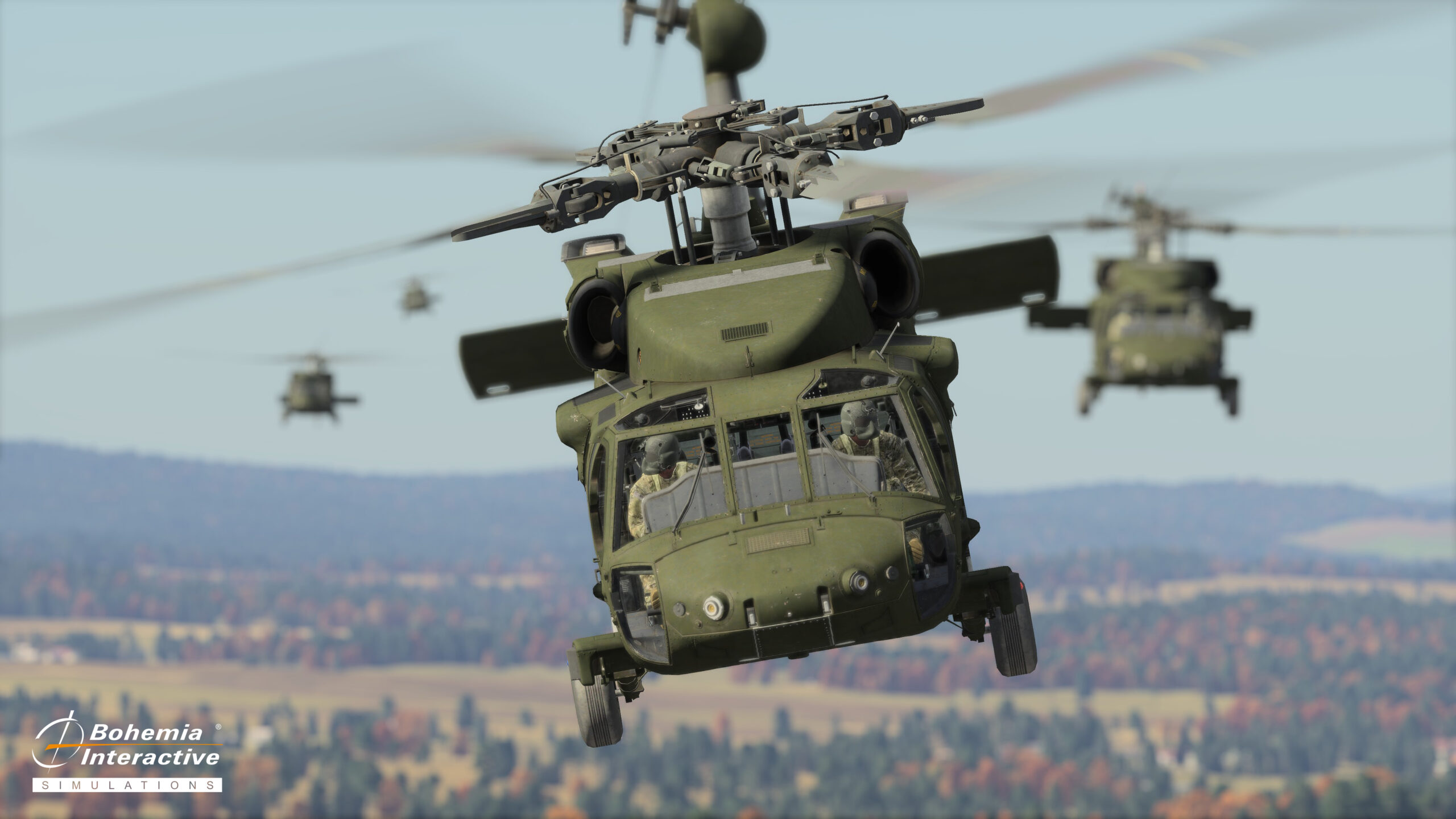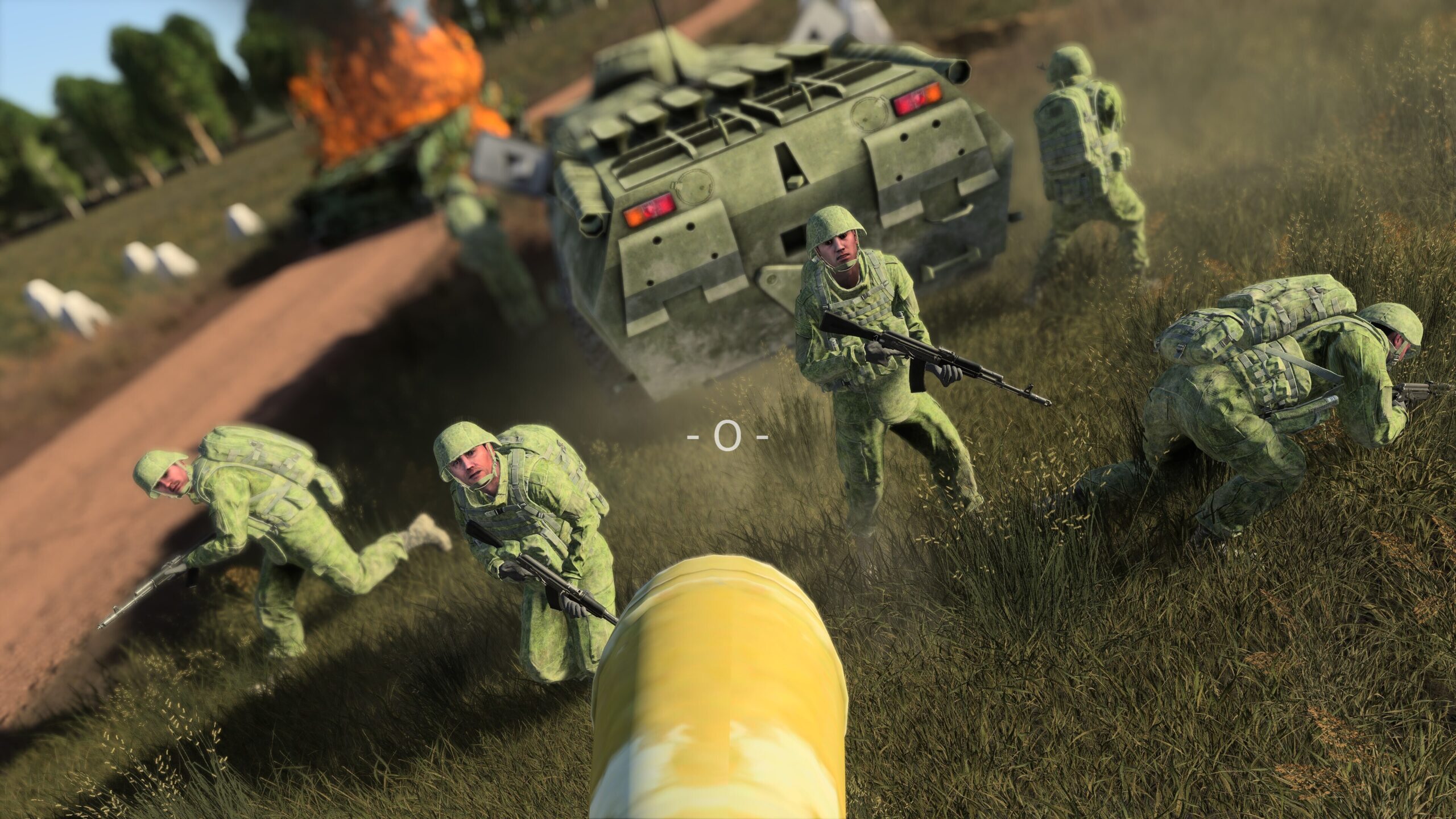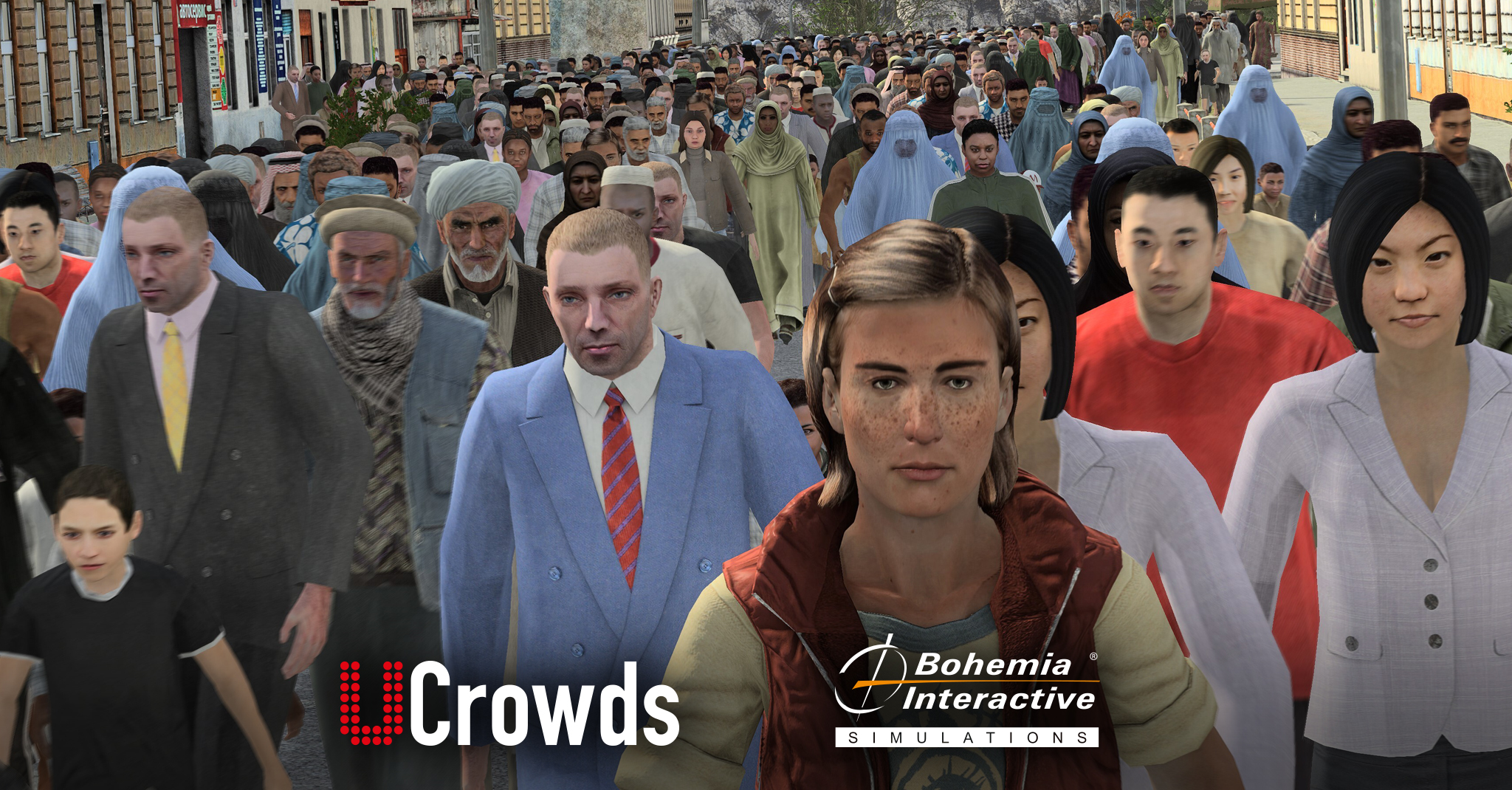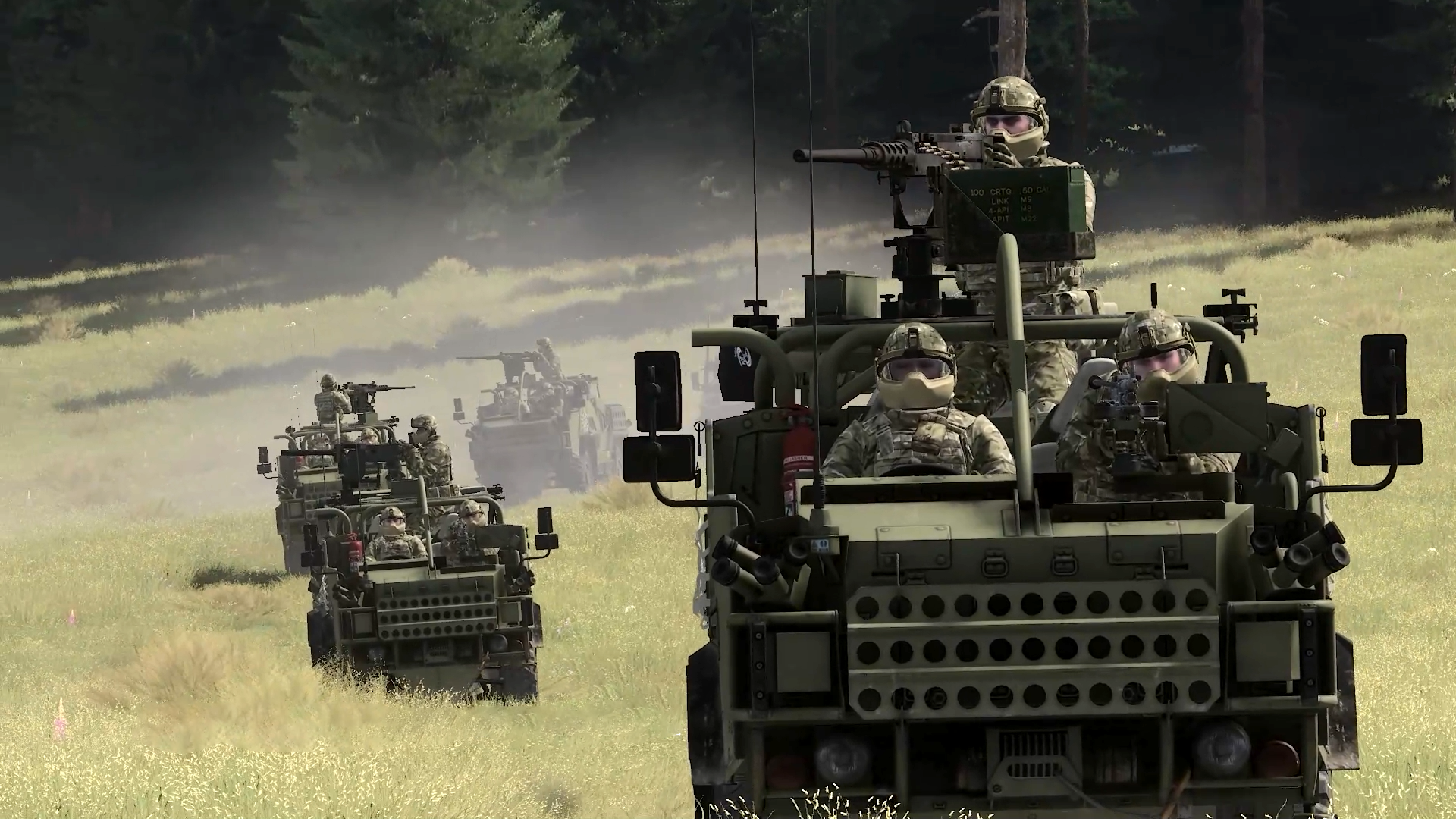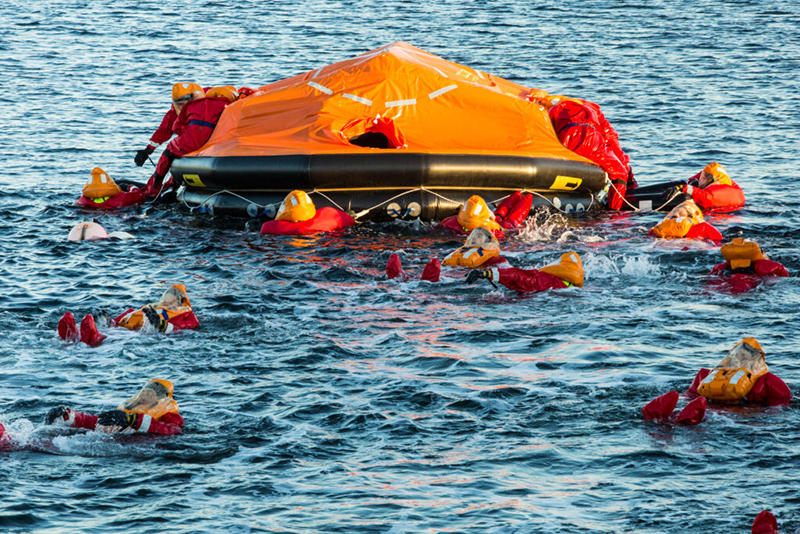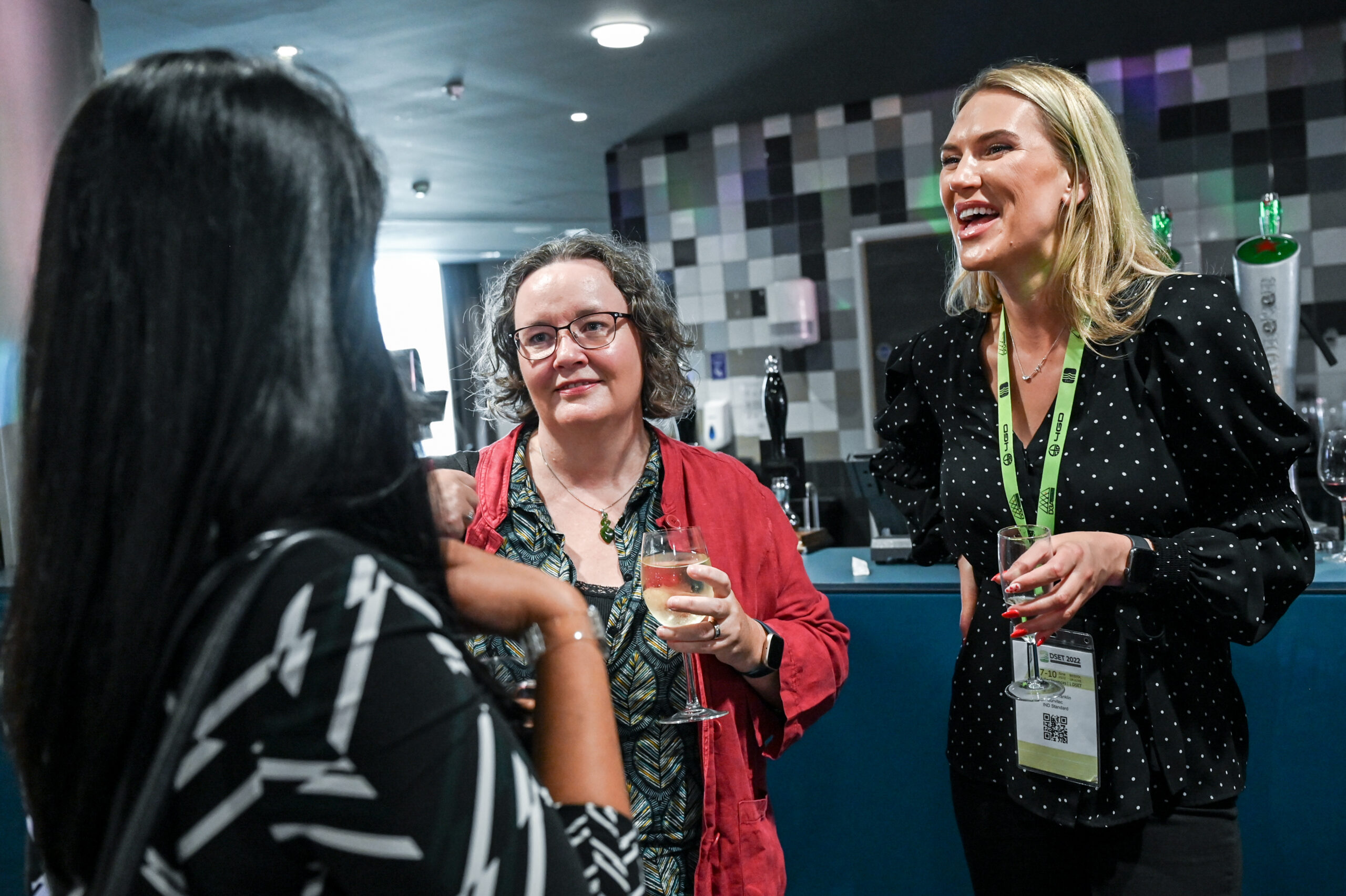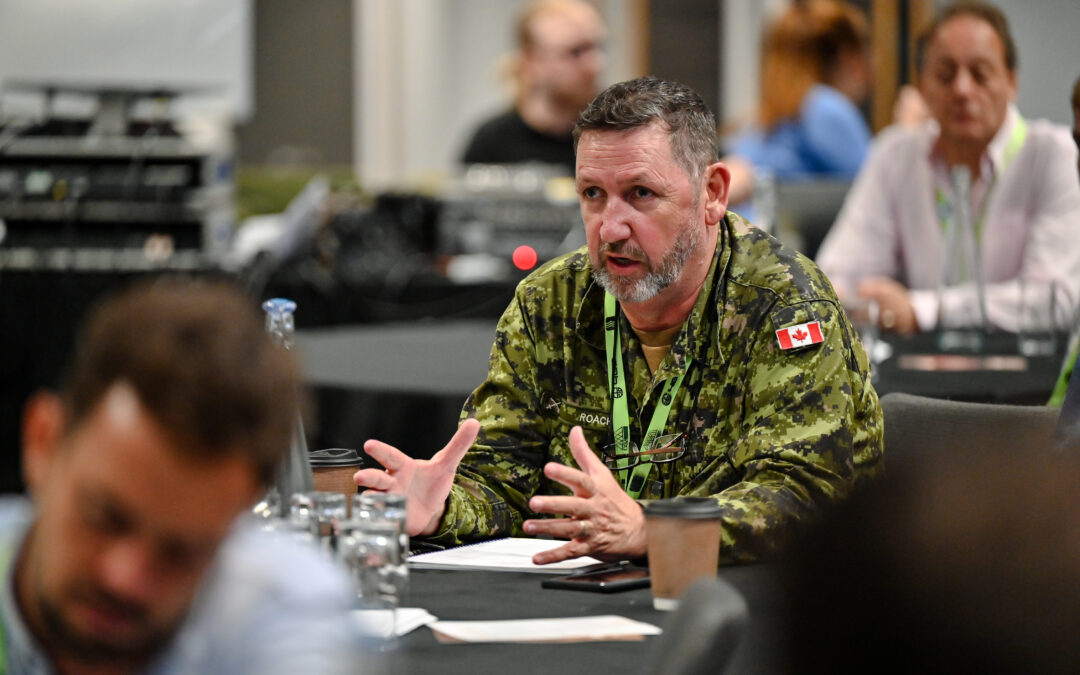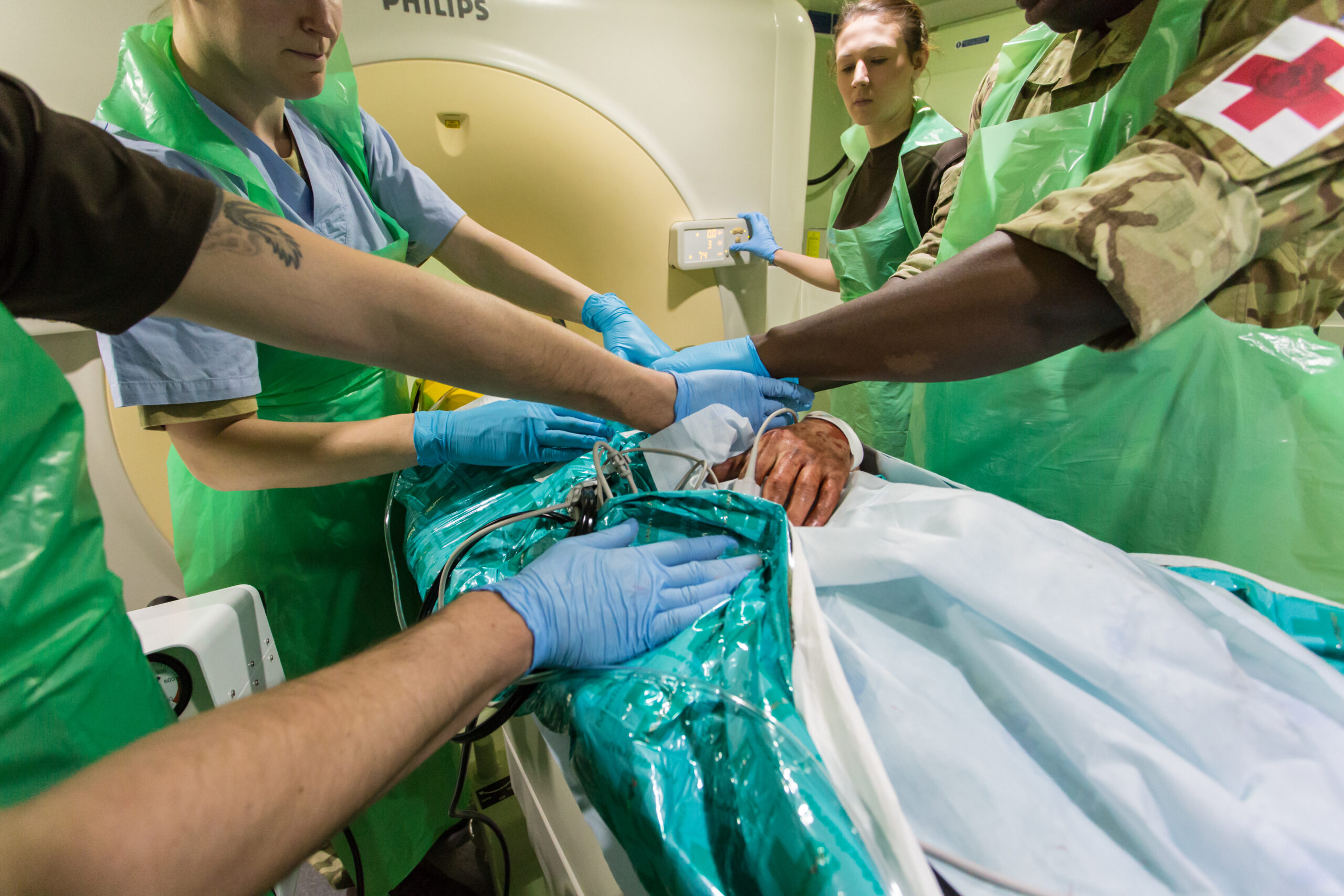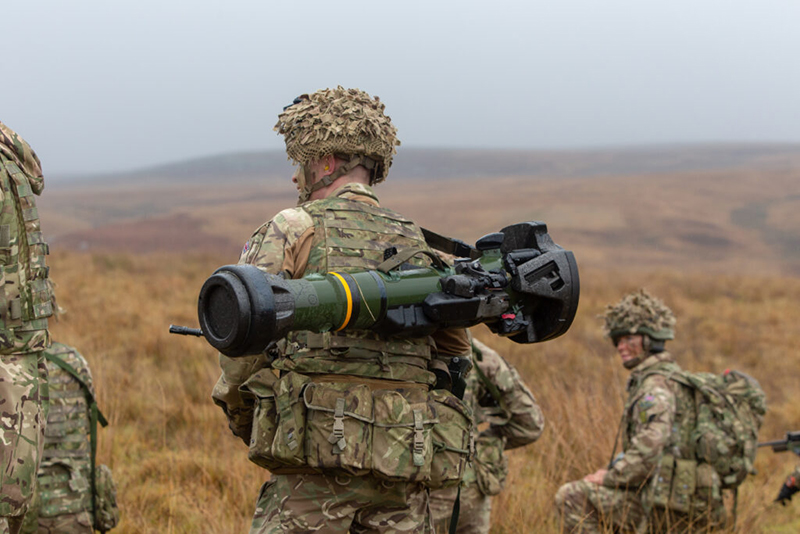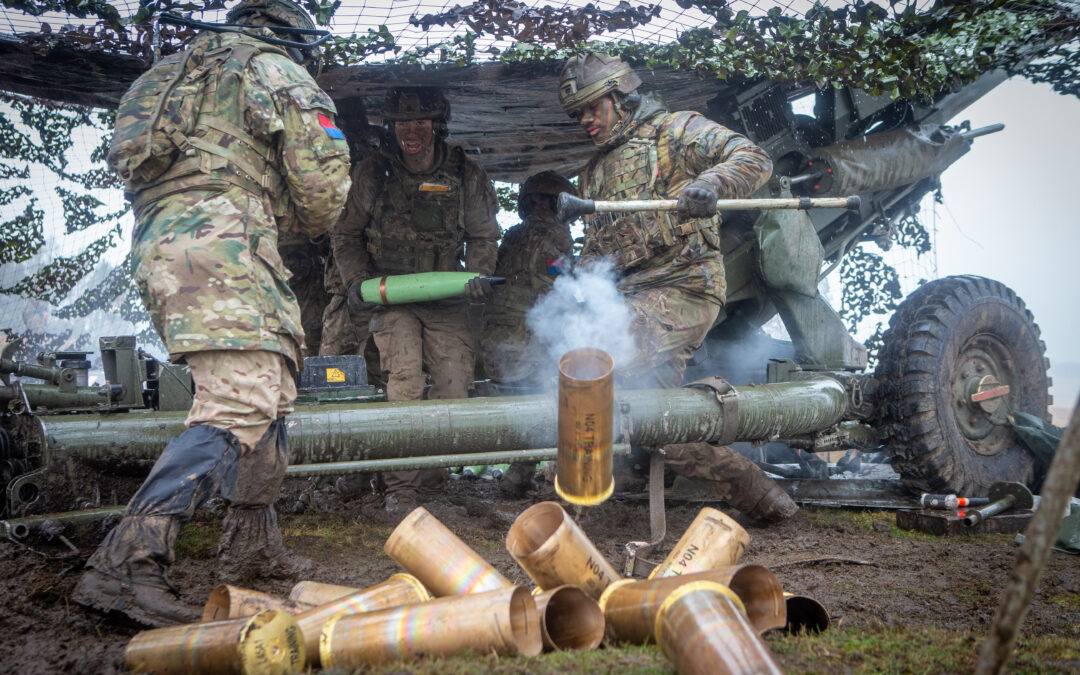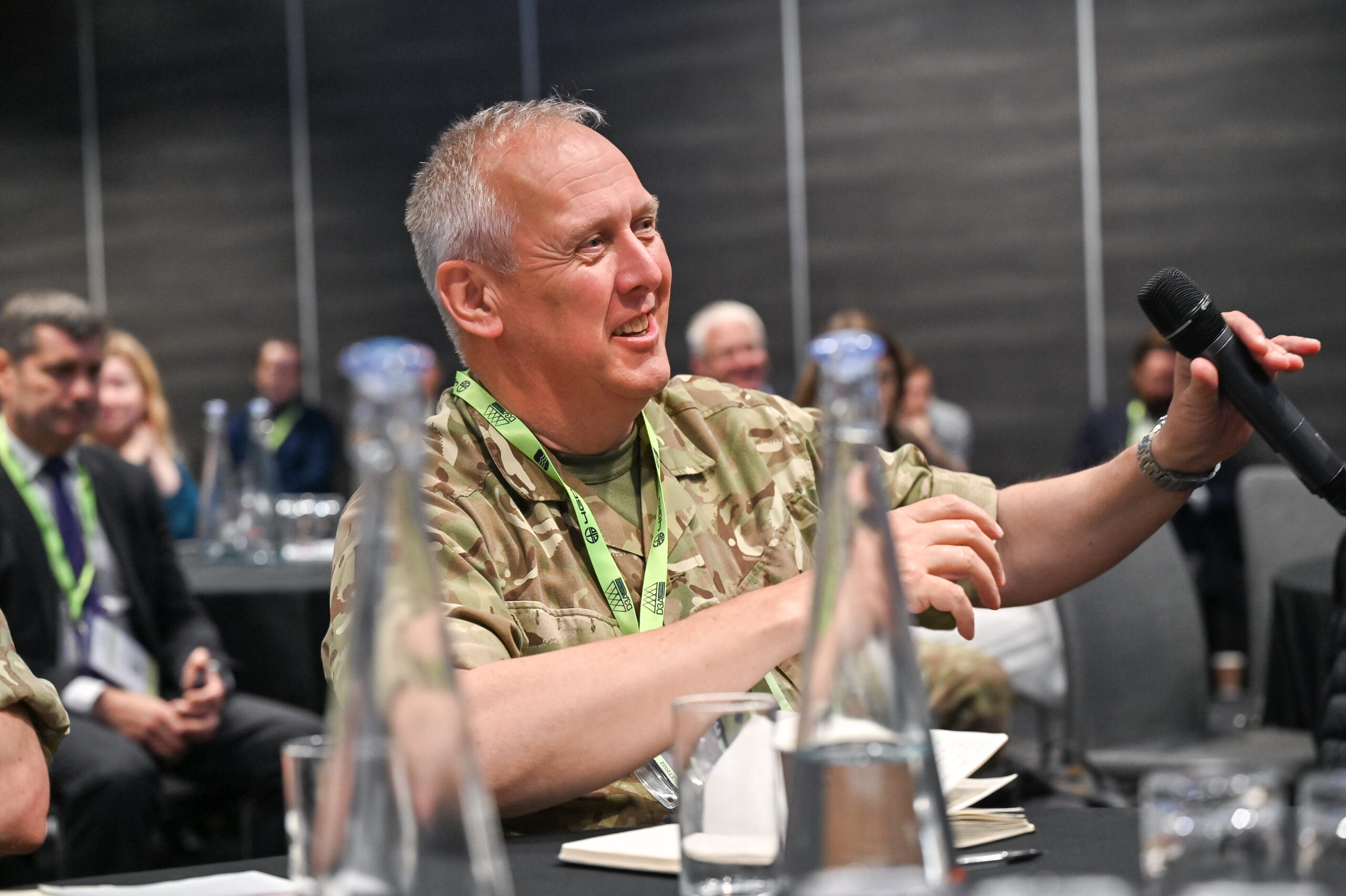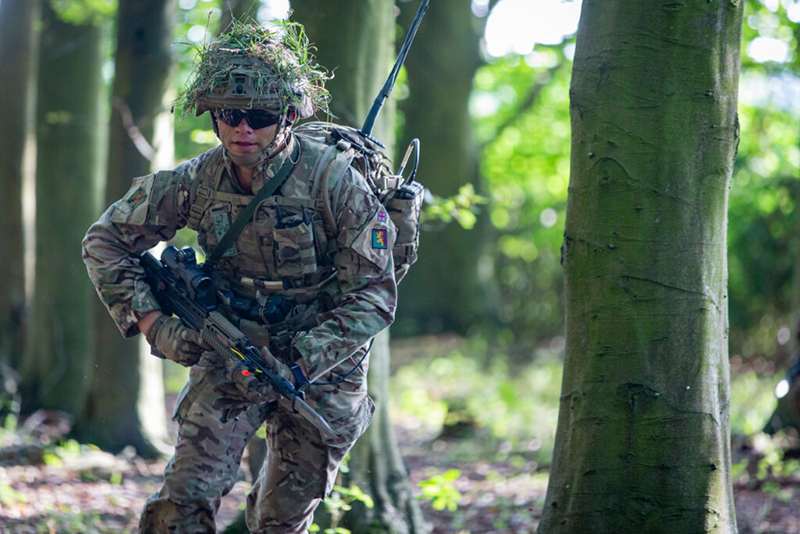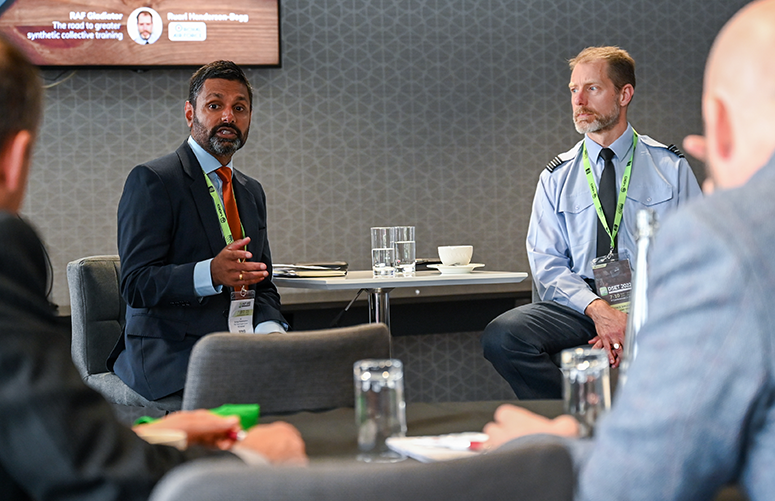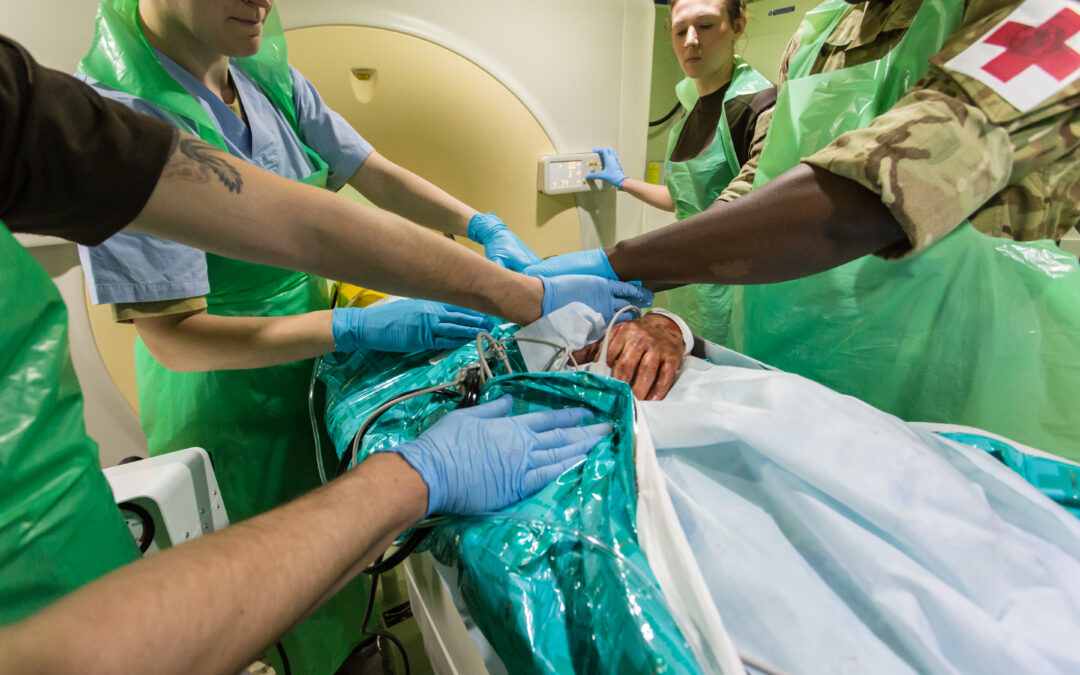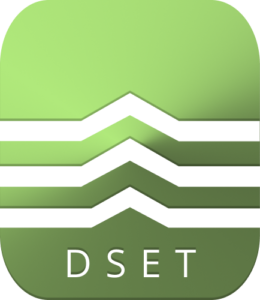Military simulation is a cost-effective way to train personnel and prepare for upcoming operations without the costs and strain on resources associated with real-world military exercises. Let’s take a closer look at how military simulation helps you reduce costs.
Cost-Effective Training Solutions
Military simulation offers cost-effective solutions that are beneficial for both training and operations. Simulations help cut down on the costs associated with manning, fuel, and other supplies needed to run a training exercise. By utilizing simulations, personnel can be trained in various scenarios without having to buy or maintain expensive equipment. Additionally, simulations can be done remotely which helps further reduce costs associated with training.
Improved Analysis and Decision Making
Simulations also provide an efficient way to test strategies and decisions before engaging in an operation. This helps identify any potential risks or problems before they become too costly or time consuming to fix. Utilizing simulations allows commanders to make more informed decisions by testing different strategies without the need for actual deployment. Simulations also help improve response times by allowing personnel to practice their reactions in simulated settings before responding in a real-world situation.
Read more on this in Enhancing Decision Making in the Field of Combat with Military Simulation
Realistic Scenarios
One of the greatest benefits of utilising military simulation is the ability to create realistic scenarios that closely mimic actual events and conditions that could take place during a mission or exercise. By using data collected from previous missions, simulations can be created that provide accurate representations of possible outcomes from future missions or operations. This helps personnel better understand what could happen in certain situations so they can better plan for potential risks before deploying into the field.
Reduce Risks on the Battlefield
Military simulations can help reduce the risks that members of the military face when they are deployed on the battlefield. Training with simulations allows soldiers to practice different strategies in a controlled environment, so they are better equipped to make decisions and react quickly when faced with a real-life potentially dangerous situation. By reducing risks on the battlefield, military simulations help minimise potential personnel losses due to casualties and the loss of mission-critical equipment during combat operations.
Lower Logistical Costs
Another way that military simulation helps you reduce costs is by lowering logistical costs associated with running operations. Simulations require fewer personnel and less equipment than live exercises do, which means that there are fewer resources needed for training purposes. This translates into reduced fuel costs, fewer maintenance requirements for vehicles and aircrafts, and lower overhead expenses associated with running exercise missions in the live environment. Additionally, using simulations can help save time because it eliminates the need for travel associated with live exercises.
Increase Efficiency
Military simulations also increase efficiency by allowing multiple personnel to train together at the same time without having to physically be in the same place. This eliminates the need for travel expenses and allows personnel from all over the world to participate in simulated training sessions together without having to leave their respective locations. Additionally, simulations provide an opportunity for personnel to practice tactical manoeuvres that would otherwise be impossible or too dangerous to do in real life environments. These simulations increase efficiency by preparing members of the military quickly and effectively while helping them become better equipped when they enter battle conditions.
Simulation Leverages Technology
Military simulations are powered by complex computer software programs which allow users to create realistic scenarios and environments in which they can practice missions without having to put their personnel or equipment at risk. This makes it easier for teams to train efficiently while still gaining valuable insights into how they will perform in a real-world operation. Furthermore, because of its reliance on technology, militaries don’t need as much physical space or resources to conduct simulations as they would with live exercises, making them a much more cost-effective alternative.
Improved Decision Making
In addition to reducing costs associated with materials and personnel, military simulations can also help improve decision making by allowing commanders to test out multiple strategies before committing their forces to a particular course of action. By testing out different scenarios in a simulated environment, commanders can identify potential risks before they arise in the field which helps them make better decisions when it comes time to execute their plans. Simulations also let commanders gain insights into how their subordinates will respond in certain situations so that they can adjust their strategies accordingly.
Training Flexibility & Scalability
Finally, one of the advantages of using military simulation is that it allows teams to scale up or down depending on the size of the mission at hand. Teams can start small with only a few participants and then add more as needed without having to acquire extra personnel or equipment. This flexibility means that you don’t have to invest in expensive hardware or hire additional personnel just for training purposes – all you need is access to a computer or mobile device! Additionally, since most simulations are stored digitally, teams can access them anytime from anywhere – making them even more cost-effective than traditional training methods such as live exercises or field trips.
Military simulation has become an invaluable tool for militaries around the world due its ability to reduce costs associated with conducting operations while still providing accurate insights into how troops will perform in various scenarios. Not only does it allow teams to test out multiple strategies, it also enables commanders to gain insights into how their subordinates might perform in certain situations – giving them the information necessary for making better decisions when formulating plans and then executing them on the battlefield.

